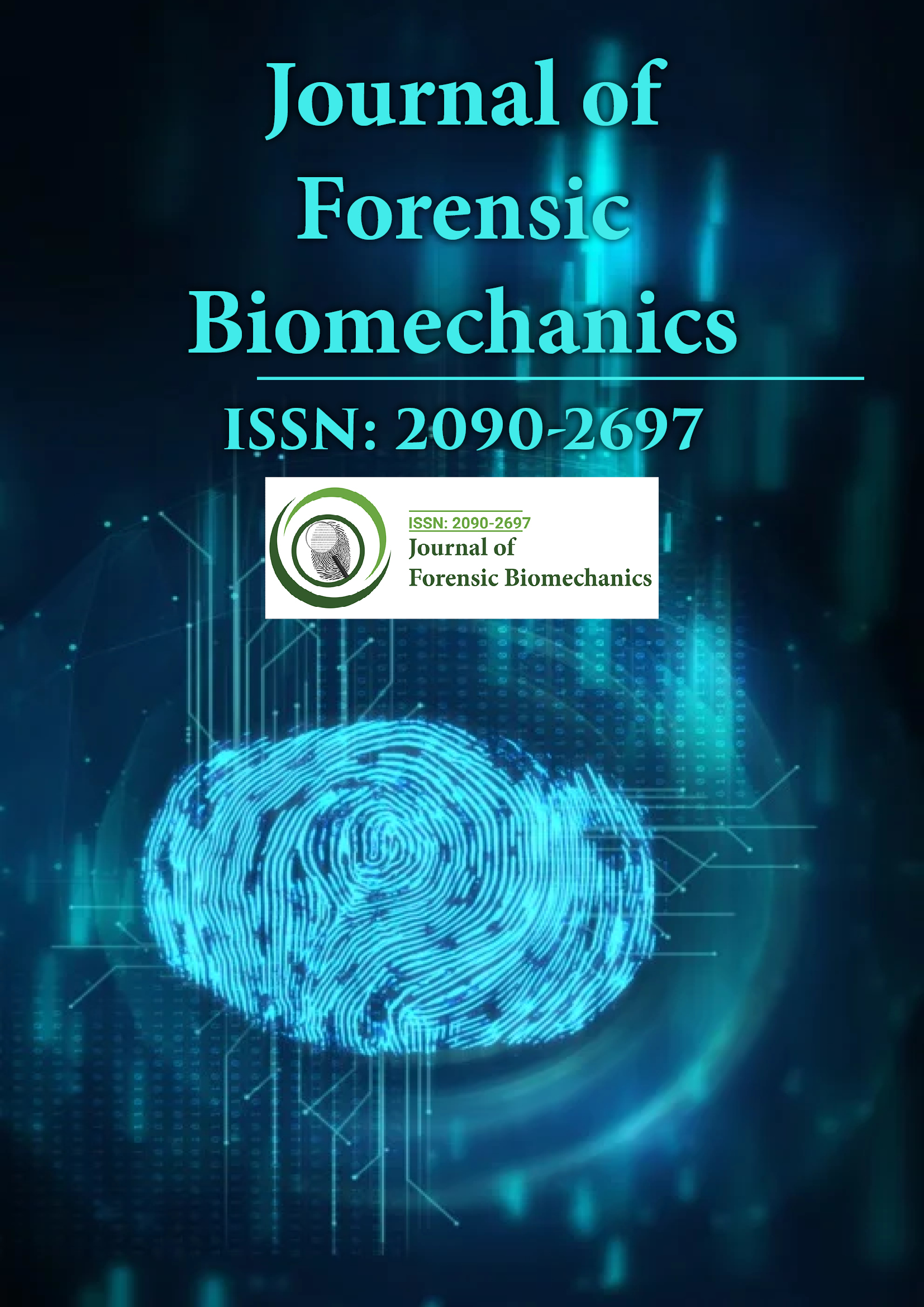Indexé dans
- Genamics JournalSeek
- SécuritéLit
- Répertoire des périodiques d'Ulrich
- RechercheRef
- Université Hamdard
- EBSCO AZ
- Fondation genevoise pour la formation et la recherche médicales
- Pub européen
- Google Scholar
Liens utiles
Partager cette page
Dépliant de journal

Revues en libre accès
- Agriculture et aquaculture
- Alimentation et nutrition
- Biochimie
- Bioinformatique et biologie des systèmes
- Business & Management
- Chimie
- Génétique et biologie moléculaire
- Immunologie & Microbiologie
- Ingénierie
- La science des matériaux
- Neurosciences & Psychologie
- Science générale
- Sciences cliniques
- Sciences environnementales
- Sciences médicales
- Sciences pharmaceutiques
- Sciences vétérinaires
- Soins infirmiers et soins de santé
Abstrait
Évaluation biomécanique des casques de moto : protection contre les blessures à la tête et au cerveau
John D Lloyd
Les victimes d'accidents de moto dans le monde représentent plus de 340 000 décès par an, les États-Unis se classant au 8e rang en termes de nombre de décès par accident de moto, en grande partie en raison de l'obligation non obligatoire de porter un casque de moto pour les adultes dans un certain nombre d'États. Soixante-quinze pour cent de tous les accidents mortels de moto impliquent des lésions crâniennes et cérébrales, les forces de rotation agissant sur le cerveau étant la principale cause de mortalité. Les casques de moto actuels sont raisonnablement efficaces pour réduire les blessures à la tête associées à un impact contondant. Cependant, le mécanisme des lésions cérébrales traumatiques est biomécaniquement très différent de celui associé aux lésions cérébrales focales. Cette étude a été menée pour évaluer l'efficacité des casques de moto actuels pour réduire le risque de lésions cérébrales traumatiques.
Dix modèles de casques de moto, dont des casques intégraux, trois-quarts et demi-casques, ont été évalués à une vitesse d'impact moyenne de 8,3 ms-1 (18,5 mph) à l'aide d'un appareil de test validé équipé d'une tête et d'un cou de mannequin de crash test. Des capteurs au centre de masse de la fausse tête ont permis l'acquisition de données à grande vitesse de la cinématique linéaire et angulaire de la tête associée à l'impact.
Les résultats indiquent qu'aucun des modèles de casques standard testés n'offre une protection adéquate contre les commotions cérébrales et les traumatismes crâniens graves à des vitesses d'impact modérées. Un seul des modèles de casques de moto standard testés offrait une protection adéquate contre les fractures du crâne.
Un nouveau prototype de casque de moto, incorporant une doublure construite à partir d'une matrice composite de matériaux dépendants de la vitesse, a été testé, en comparaison avec les modèles de casques de moto standard, avec des résultats très prometteurs. Les connaissances acquises grâce à cette étude faciliteront le développement d'une nouvelle génération de casques de moto avancés qui offrent une meilleure protection contre les blessures à la tête et au cerveau.